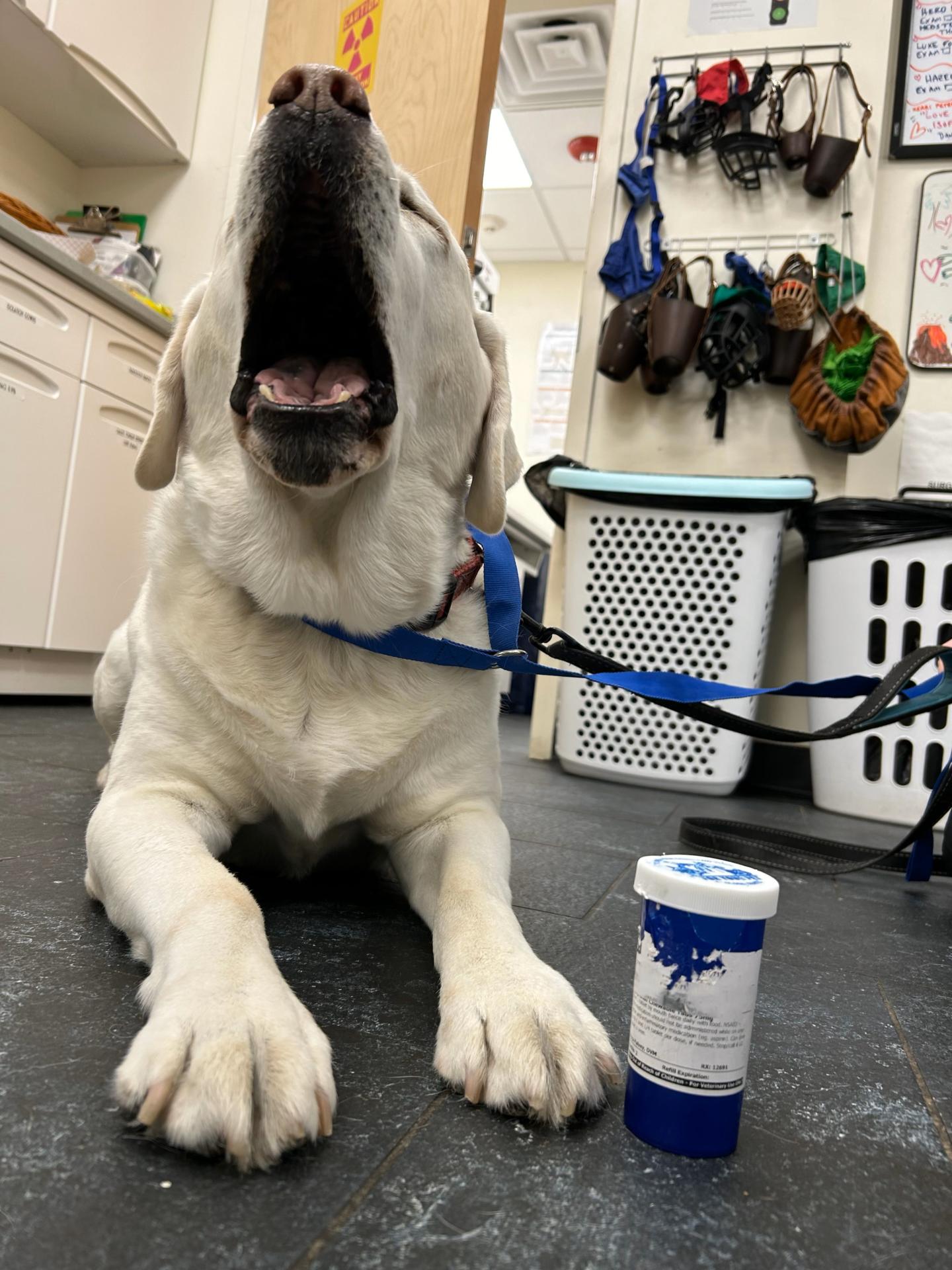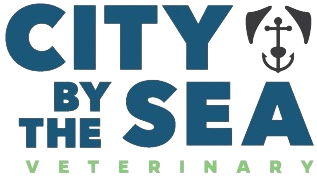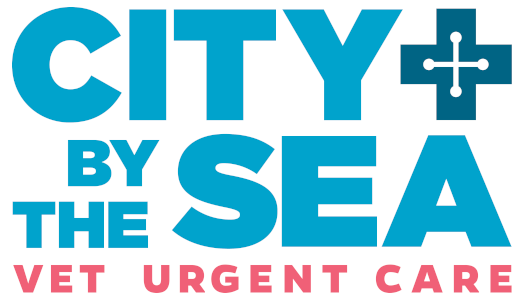March is National Animal Poison Prevention Month so let's talk about a common toxin ingestion that we see in the veterinary world - NSAID toxicity!
NSAIDs are non-steroidal anti-inflammatory drugs that provide relief from inflammation, pain, and fever. There are a multitude of different NSAIDs on the market for humans, but only the ones labeled for use in animals and prescribed by your veterinarian are safe for our dogs and cats.
 However, even animal-friendly NSAIDs can be toxic in high doses - like our friend Bello learned when he had a naughty moment and got into his bottle of carprofen and ate all the contents!
However, even animal-friendly NSAIDs can be toxic in high doses - like our friend Bello learned when he had a naughty moment and got into his bottle of carprofen and ate all the contents!
NSAID overdose can cause side effects ranging from gastrointestinal symptoms (vomiting, stomach ulceration or perforation, diarrhea, abdominal pain), to acute kidney injury, to neurologic symptoms including depression, wobbly gait, seizures, and coma.
Luckily, Bello's owner quickly discovered that he had ingested the contents of his carprofen bottle and immediately brought him into City By The Sea Vet/Veterinary Urgent Care so we could induce vomiting and help prevent a more serious toxicity.
With more severe exposures, treatments including gastric lavage, hospitalization, intravenous fluids, and anticonvulsants may be needed.
![]() To help protect your pet from NSAID toxicity, do not administer any over-the-counter NSAIDs, give your pet's prescribed medication as directed, and keep all medications stored in a safe and inaccessible area from your pet.
To help protect your pet from NSAID toxicity, do not administer any over-the-counter NSAIDs, give your pet's prescribed medication as directed, and keep all medications stored in a safe and inaccessible area from your pet.
If your pet consumes a toxic substance (food, household items, medications) call the ASPCA Poison Control Hotline at 1-888-426-4435 immediately. They will gather as much information from you as you can provide, consult a Veterinarian, and let you know if medical treatment is necessary. They will assign you a case number and then you call us if you need us! We cannot stress the importance of acting quickly in these situations. When you do, the outcome is most often a good one!


